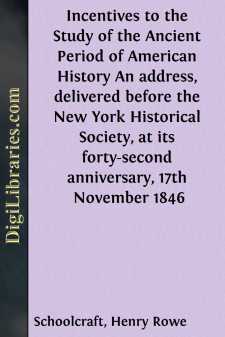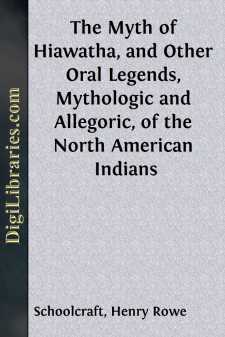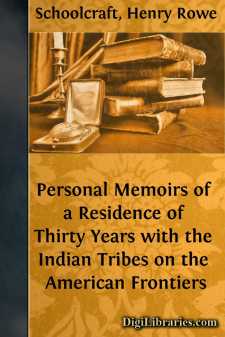Categories
- Antiques & Collectibles 13
- Architecture 36
- Art 48
- Bibles 22
- Biography & Autobiography 816
- Body, Mind & Spirit 145
- Business & Economics 28
- Children's Books 18
- Children's Fiction 14
- Computers 4
- Cooking 94
- Crafts & Hobbies 4
- Drama 346
- Education 58
- Family & Relationships 59
- Fiction 11834
- Foreign Language Study 3
- Games 19
- Gardening 17
- Health & Fitness 34
- History 1378
- House & Home 1
- Humor 147
- Juvenile Fiction 1873
- Juvenile Nonfiction 202
- Language Arts & Disciplines 89
- Law 16
- Literary Collections 686
- Literary Criticism 179
- Mathematics 13
- Medical 41
- Music 40
- Nature 179
- Non-Classifiable 1768
- Performing Arts 7
- Periodicals 1453
- Philosophy 66
- Photography 2
- Poetry 897
- Political Science 203
- Psychology 45
- Reference 154
- Religion 516
- Science 126
- Self-Help 86
- Social Science 82
- Sports & Recreation 34
- Study Aids 3
- Technology & Engineering 59
- Transportation 23
- Travel 463
- True Crime 29
Our website is made possible by displaying online advertisements to our visitors.
Please consider supporting us by disabling your ad blocker.
Incentives to the Study of the Ancient Period of American History An address, delivered before the New York Historical Society, at its forty-second anniversary, 17th November 1846
Categories:
Description:
Excerpt
AN ADDRESS.
To narrow the boundaries of historical mystery, which obscures the early period of the American continent, is believed to be an object of noble attainment. Can it be asserted, on the ground of accurate inquiry, that man had not set his feet upon this continent, and fabricated objects of art, long anterior to the utmost periods of the monarchies of ancient Mexico and Peru? Were there not elements of civilization prior to the landing of Coxcox, or the promulgation of the gorgeous fiction of Manco Capac? What chain of connection existed between the types of pseudo-civilization found respectively at Cuzco, west of the Andes, and in the valley of Anahuac? Did this chain ever link in its causes the pyramids of Mexico with the mounds of the Mississippi valley? It is not proposed to enter into the details of this discussion. Such an inquiry would far transcend the limits before me. It is rather designed to show the amplitude of the field as a subject of historical inquiry, than to gather its fruits. It will entirely compass the object I have in view, if the suggestions I am to make shall have the tendency, in any degree, to draw attention to the topic, and to denote the strong incentives which exist, at the present time, to study this ancient period of American history. This is the object contemplated.
Nations, in their separation from their original stocks, and dispersion over the globe, are yet held together by the leading traits, physical and intellectual, which had characterized them as groups. And in spreading abroad, they are found to have left behind them a golden clue, which we recognize in physiology, languages, arts, monuments, and mental habitudes. These traits are so intimately interwoven in the woof of the mind, and so firmly interlaced in the structure and tendencies to action of the whole organization of the man, that they can be detected and generalized after long eras of separation, and the most severe mutations of history. Such is the judgment, at least, of modern research. Ethnology bases its claims to confidence in the recognition of the dispersed family of man, in these proofs. And when they have been eliminated from the dust of antiquity, they are offered as contributions to the body of well considered facts and inferences, which are to compose the thread of antique history and critical inquiry.
And what, it may be inquired, are the evidences the study produces, when these means of scrutiny come to be applied to the existing red race of this continent? or to their predecessors in its occupancy? Do their languages tell the story of their ancient affinities with Asia, Africa, or Europe? Do we see, in their monuments and remains of art, increments of a pre-existing state of advance, or refinement, in the human family, in other parts of the globe? It is confessed, that in order to answer these enquiries, we must first scrutinize the several epochs of the nations with whom we are to compare them, and the changes which they themselves have undergone....




